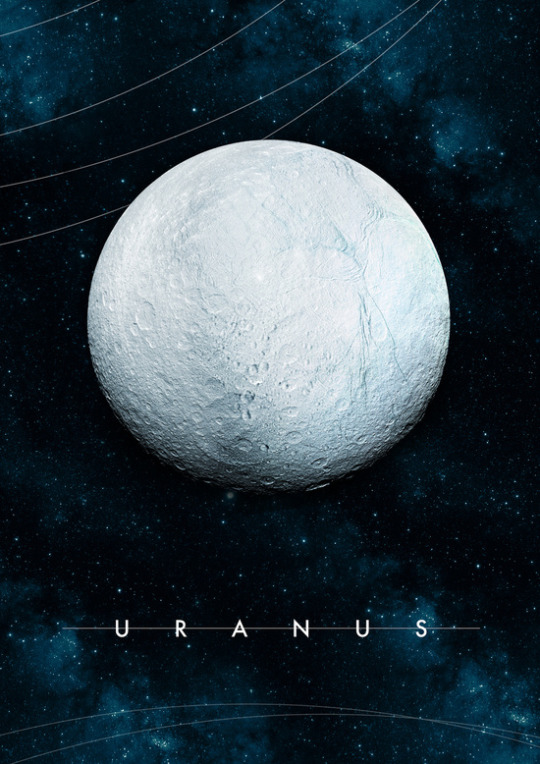Don't wanna be here? Send us removal request.
Photo


Austin Melford and Heather Thatcher in A Warm Corner (1930)
297 notes
·
View notes
Photo

Non dolet, Paete (arria, Aulus Paetius)
it doesn’t hurt - Aulus Paetius
Arria wrenched the dagger from him and stabbed herself, then returned it to her husband, telling him that it didn’t hurt (“Non dolet, Paete!”). Her story was recorded in the letters of Pliny the Younger, who obtained his information from Arria’s granddaughter, Fannia.
Pierre Lepautre [GFDL (http://www.gnu.org/copyleft/fdl.html), CC-BY-SA-3.0 (http://creativecommons.org/licenses/by-sa/3.0/) or CC BY-SA 2.5 (https://creativecommons.org/licenses/by-sa/2.5)]
161 notes
·
View notes
Photo

Faruk Nafiz Çamlıbel’in “Beyoğlu’nda bir gezinti” şiiri ile keyifli pazarlar…
“Ne zaman sıkılırsa canım apartmanda
Biraz hava alırım Taksim’deki meydanda
Yürürüm ağır ağır oradan Beyoğlu'na
Tararım gözlerimle güzelleri her yanda”
Fotoğraf: Grand rue de Pera, Cafe Tokatlian, 1890
18 notes
·
View notes
Text


Yapraklar sarı çimler yeşil... Her mevsimin güzelliği ayrı.. Tabi şu an biraz soğuk ☺️
1 note
·
View note
Photo

#raindrops #rainy #rainyday #morning #travel #asnight #redlamp #redlamps #stoplamp #lamps #traffic #istanbul #black #colours #lights #colorlights #colors #kanlıca #kanlica #wetroads #wetwindow
2 notes
·
View notes
Photo

Same as yesterday but different #wip #watercolour #birds #illustration
76 notes
·
View notes
Photo
Türkiye'nin gerçekten tam olarak tanıtımını yapmadığı bir eser...


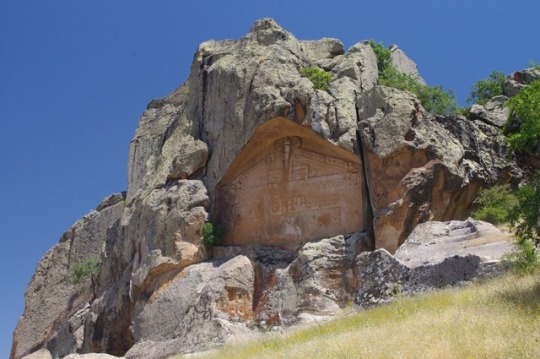
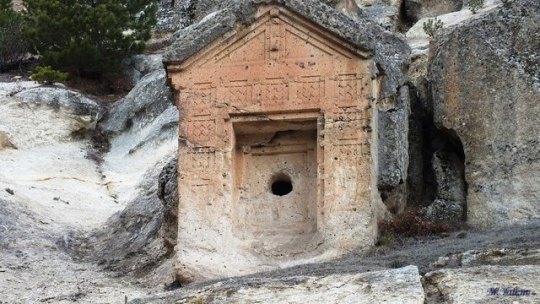


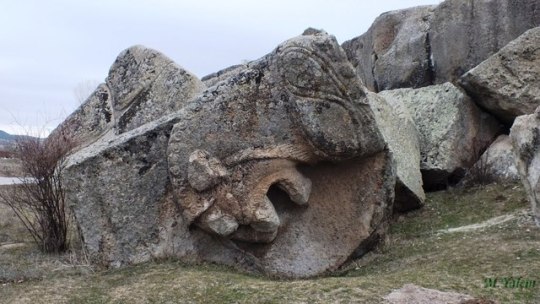
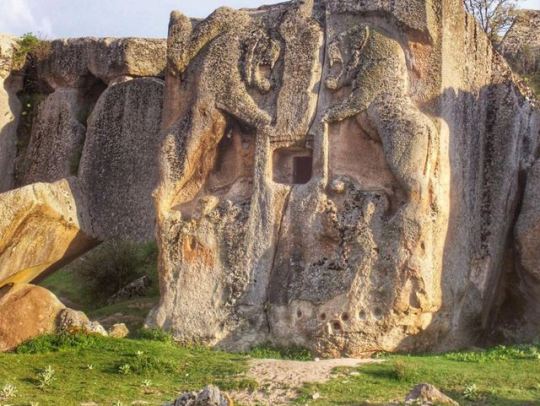


Tomb of Midas (and his “city” as well)
Yazılıkaya, Eskişehir, Turkey
6th-7th century BCE
The archaeological site of the so-called Midas City is situated in the Eskişehir region in Central Anatolia, near the village of Yazılıkaya (which in Turkish means something like “rock inscription”). With a few exceptions, most of the Phrygian rock-cut monuments for which the site has become famous, date back to the sixth century BCE.
The so-called Midas Monument owes its name to the fact that the word Mida is used in an inscription on the upper left-hand side of the façade, which is almost eighteen meters high. Mida was mistranslated as Midas, the name of a legendary king of Phrygia; in fact, it is a surname of Cybele, the Phrygian Mother Goddess. The so-called tomb, which is older than the rest of the city and belongs to the eighth century BCE, was in reality a sanctuary. During the ceremonies, a statue of Cybele could be placed in the niche. To the south of the Midas Monument lies a rock-cut necropolis with several Phrygian tombs. From here one can walk further on the plateau and reach another Phrygian rock-cut monument, which has remained unfinished. A little bit further you reach the impressive water cisterns, some with a flight of steps who leads to several huge underground cisterns.
3K notes
·
View notes


























